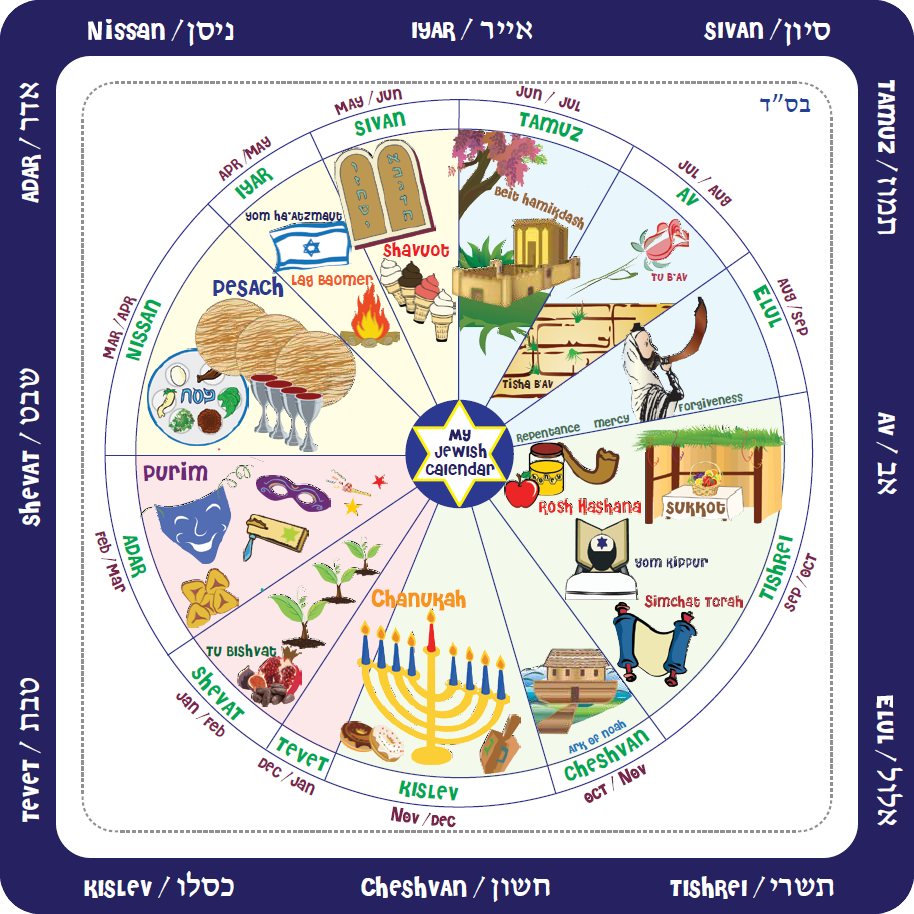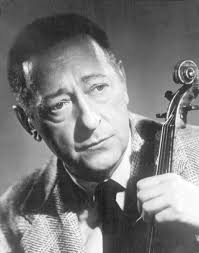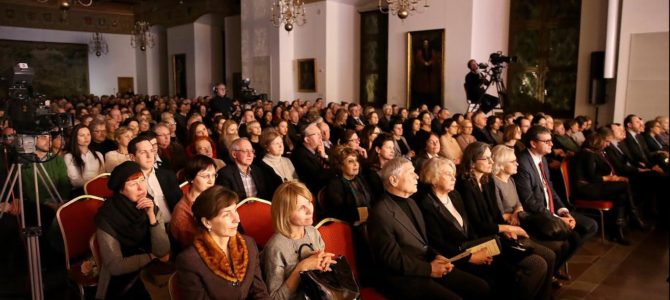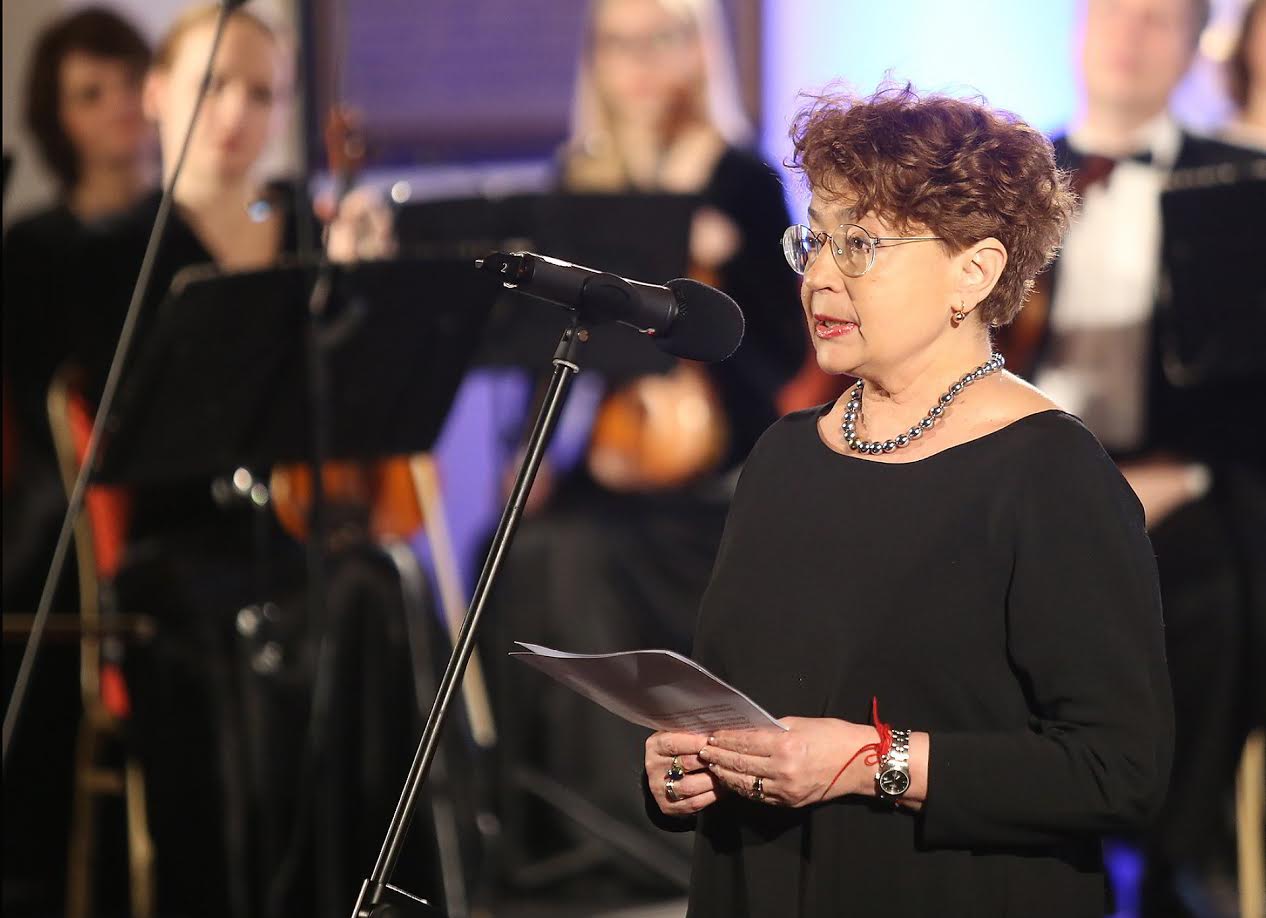
Preliminary design concept for the Lost Shtetl Museum
Plans have been announced for a state-of-the-art Jewish museum scheduled to open in 2019 as part of the Lost Shtetl memorial complex in Šeduva, Lithuania.
The museum complex is to be designed by the Finnish company Lahdelma & Mahlamäki Architects who also designed the POLIN Museum of the History of Polish Jews in Warsaw. POLIN won the 2016 European Museum of the Year Award. They are towork together with local partner Studia2A established in 1994 and headed by Vilnius Art Academy dean of architecture Jonas Audejaitis.
The museum is to be located next to the sprawling Šeduva Jewish cemetery, completely restored and opened in 2015 as part of the memorial complex. The complex includes memorials at three sites of Holocaust mass murders and mass grave sites and a symbolic sculpture in the middle of the town. A study of the Jews of Šeduva was conducted as part of the project and is to result in a documentary film called Petrified Time by film director Saulius Beržinis.
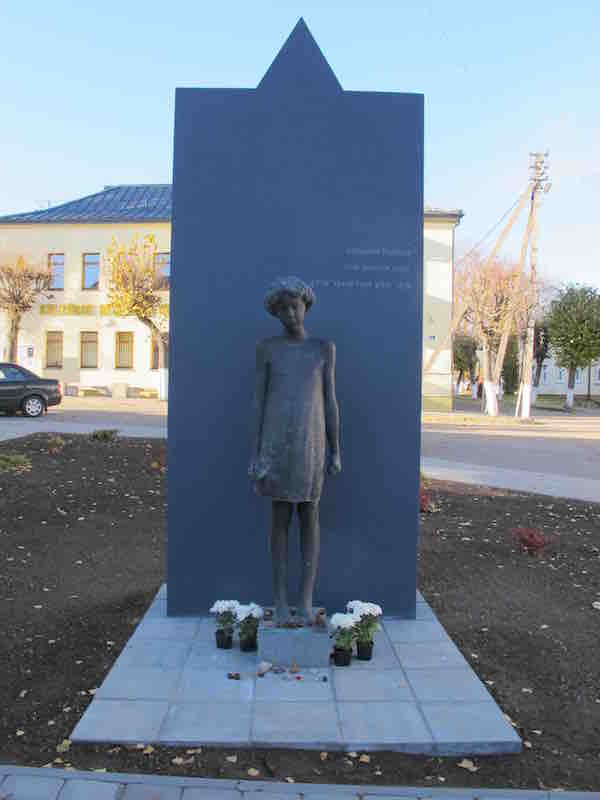
Memorial statue in Šeduva. Photo © Ruth Ellen Gruber
Sergey Kanovich, founder of the Šeduva Jewish Memorial Fund, said the Lost Shtetl Museum will employ advanced technologies to teach visitors the history and culture of Šeduva and similar Litvak shtetls. It is expected to serve as an educational and cultural center.
“Visiting the Lost Shtetl will be a history lesson which will allow national and international visitors to learn about the lost Litvak shtetl history and culture,” he said.
“Lifestyle, customs, religion, social, professional, and family life of Šeduva Jews will serve a center point of the Museum exhibition,” he said. Visitors to museum will learn “the tragedy of Šeduva Jewish history which in the early days of World War II ended in three pits near the shtetl.”
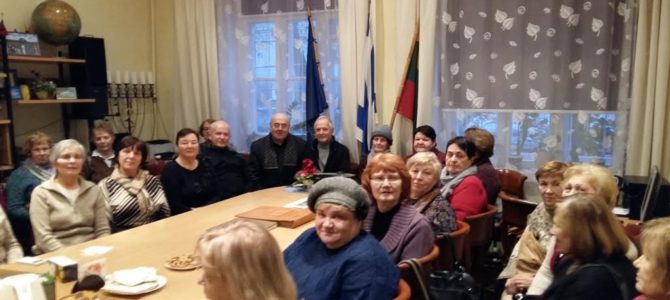
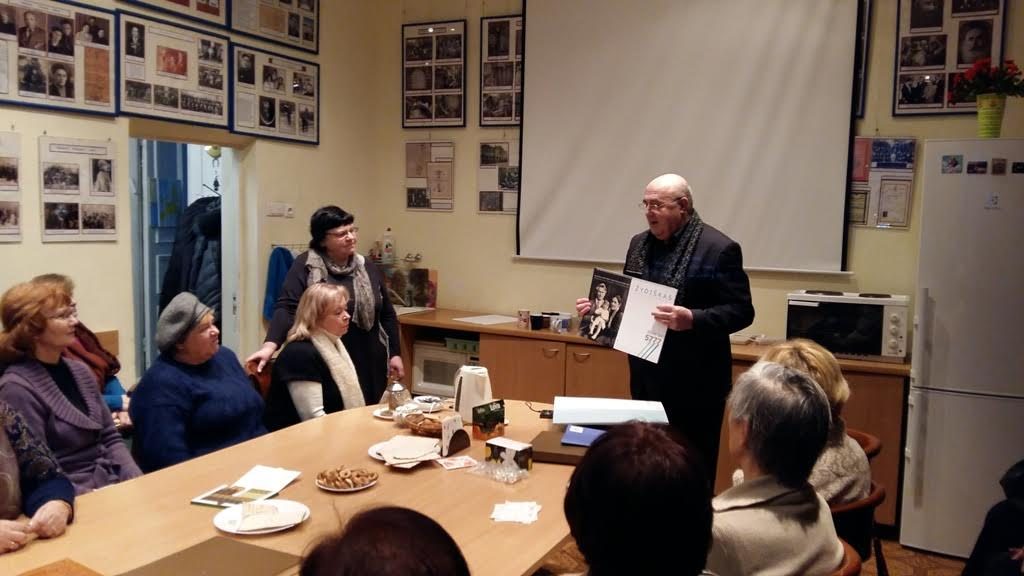


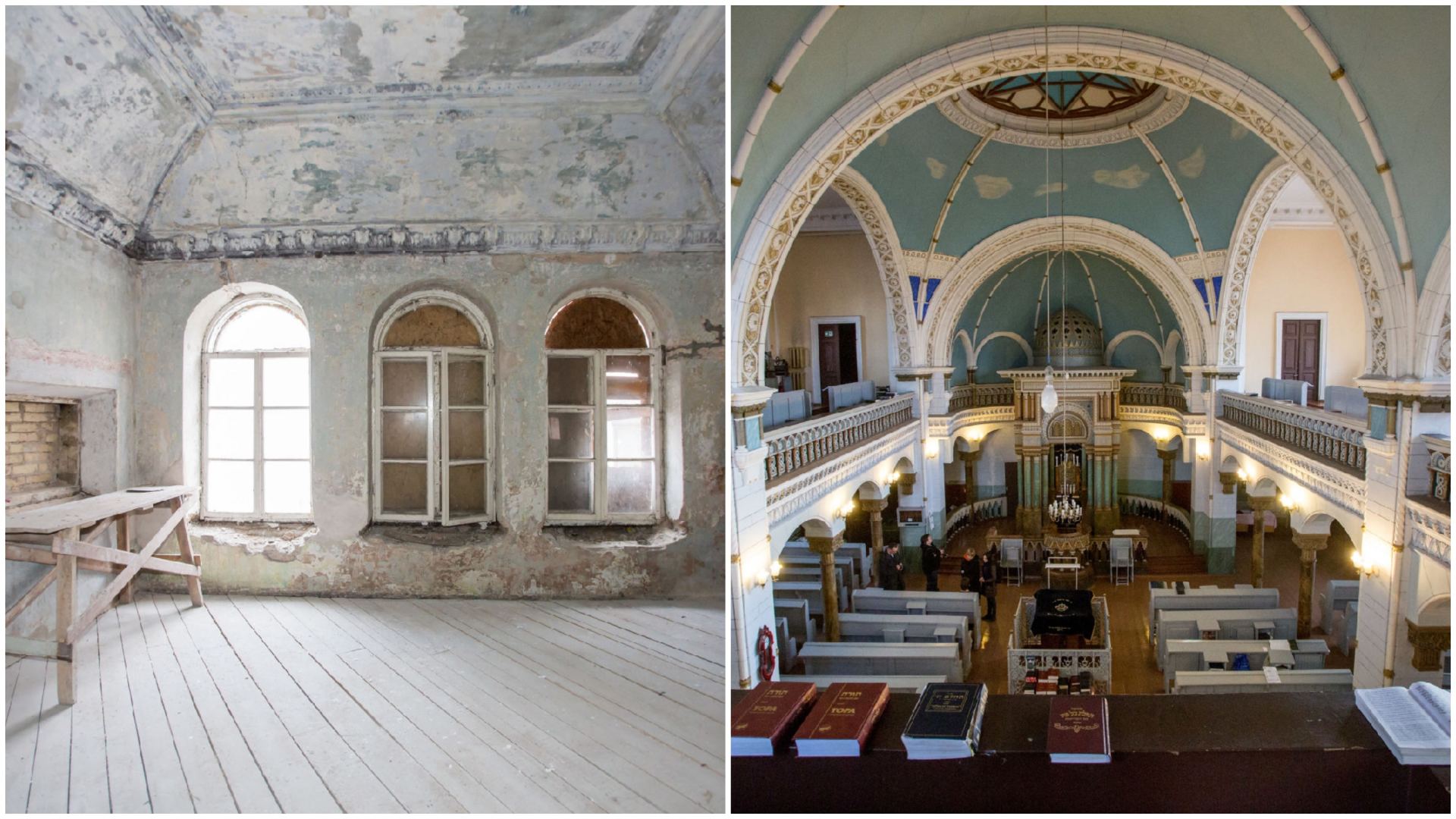
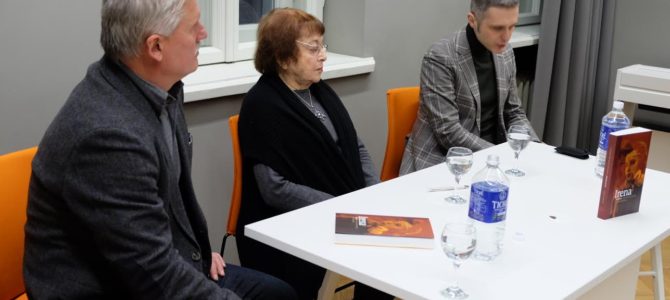
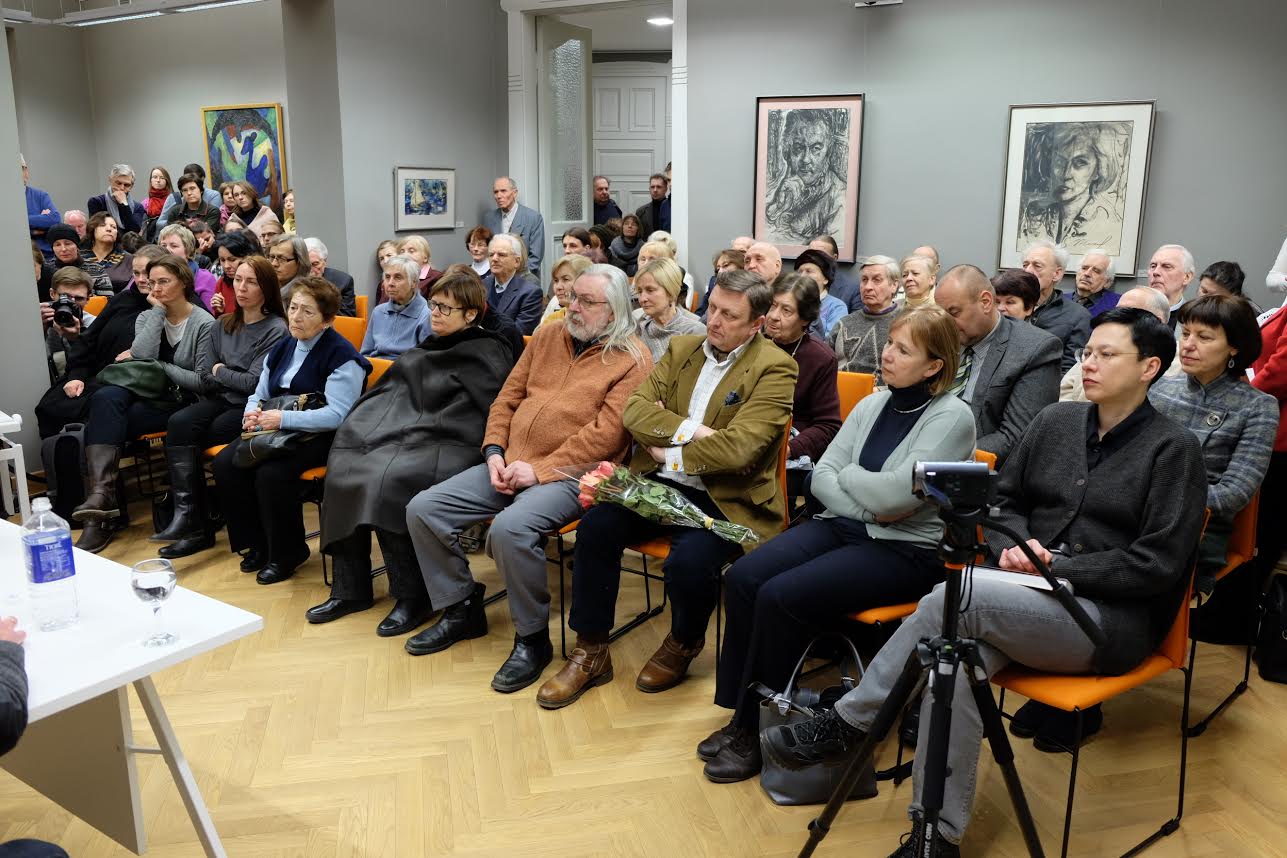
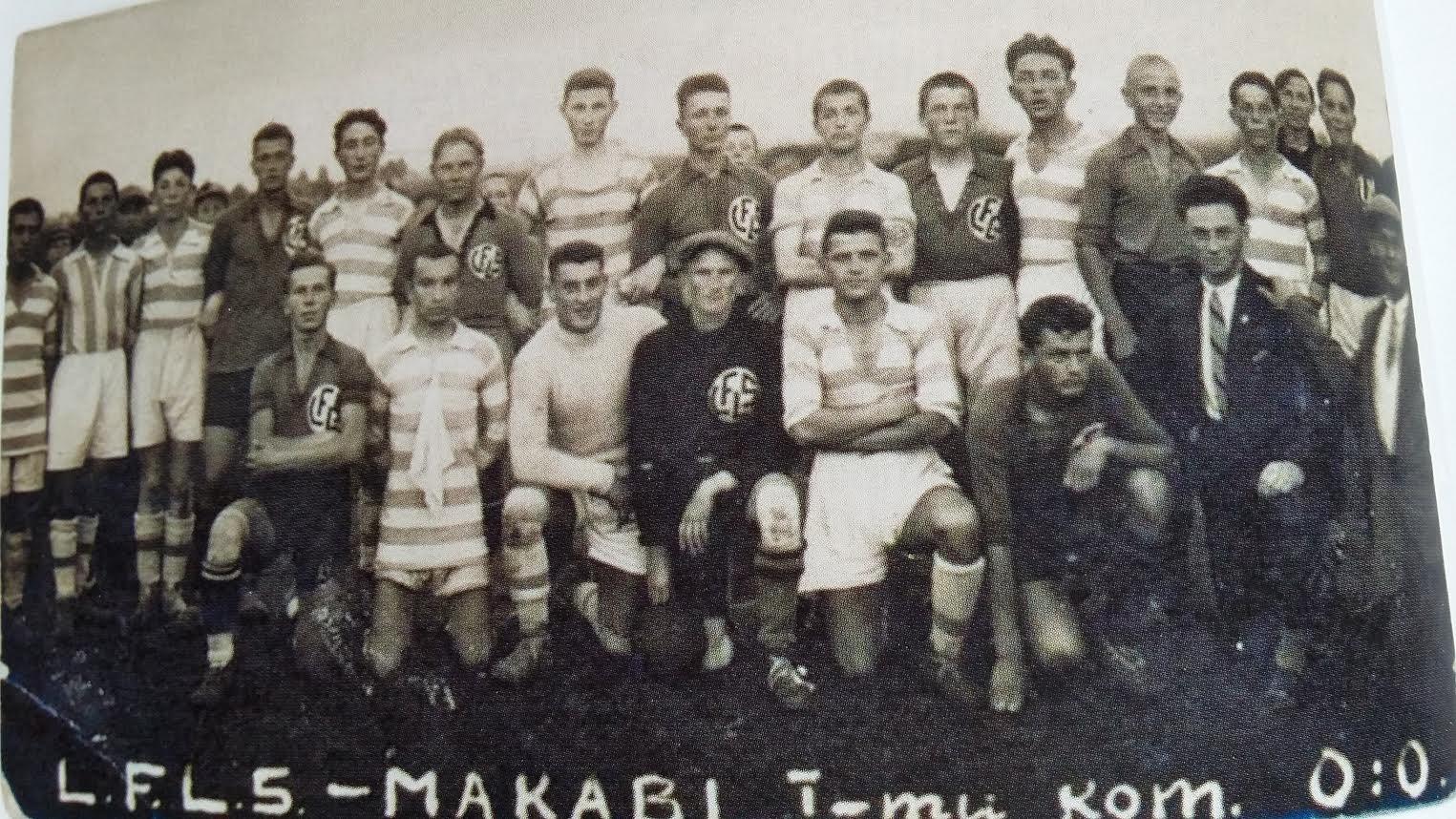




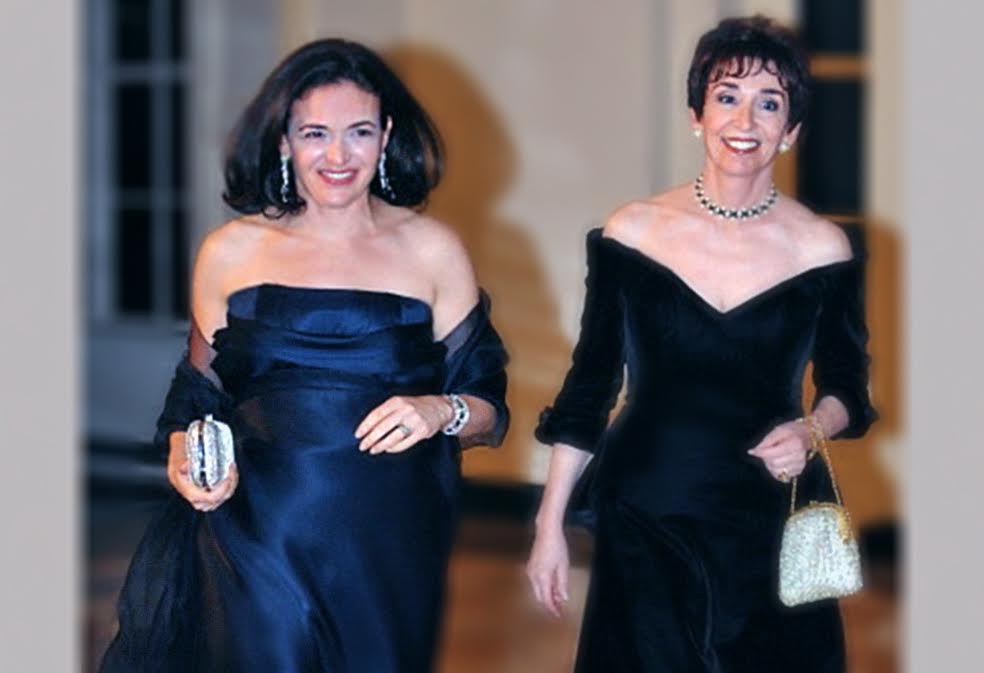
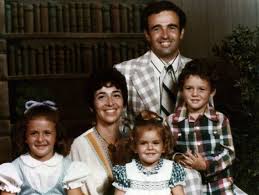
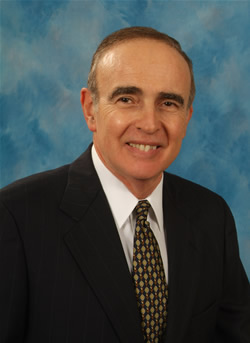
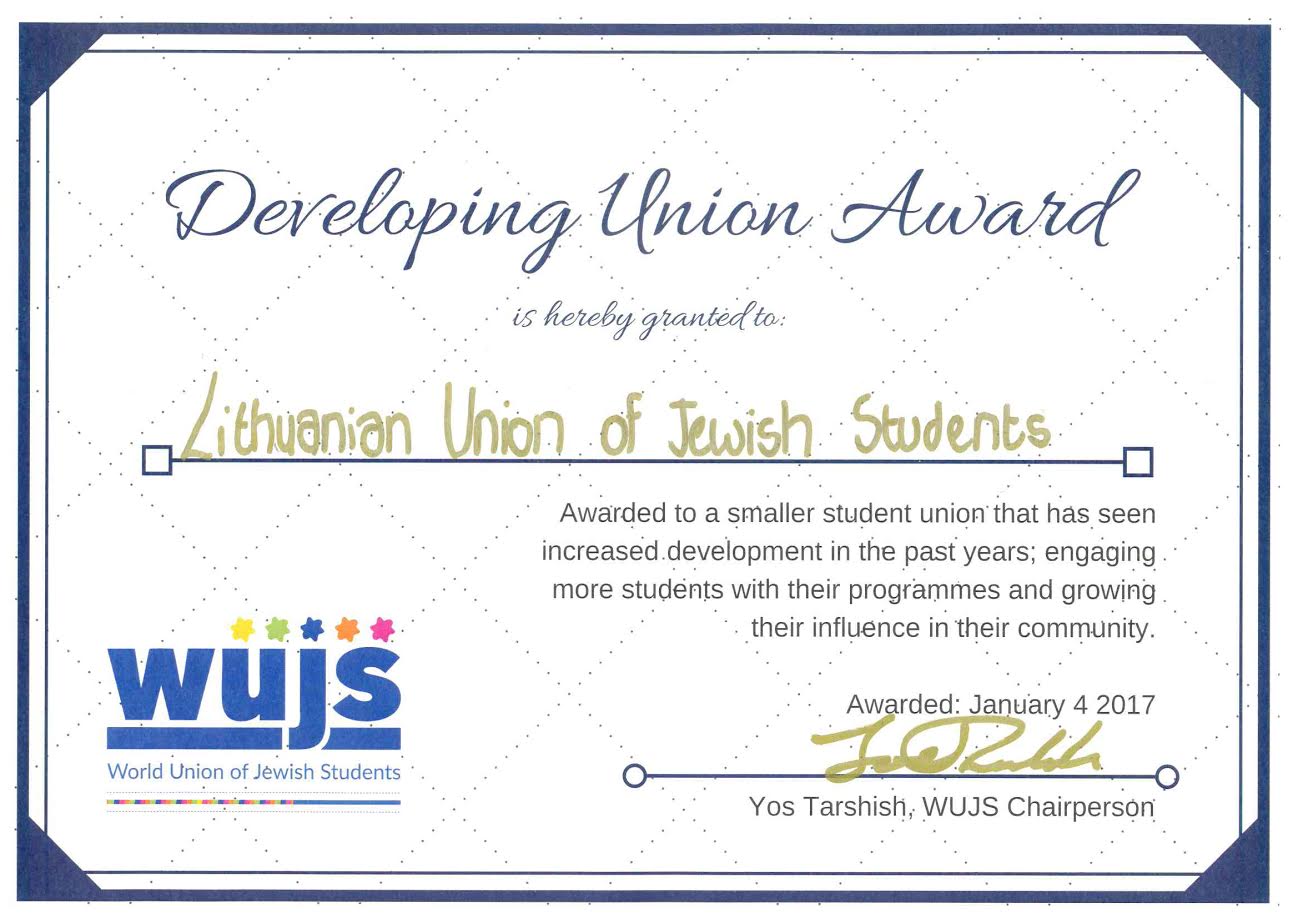
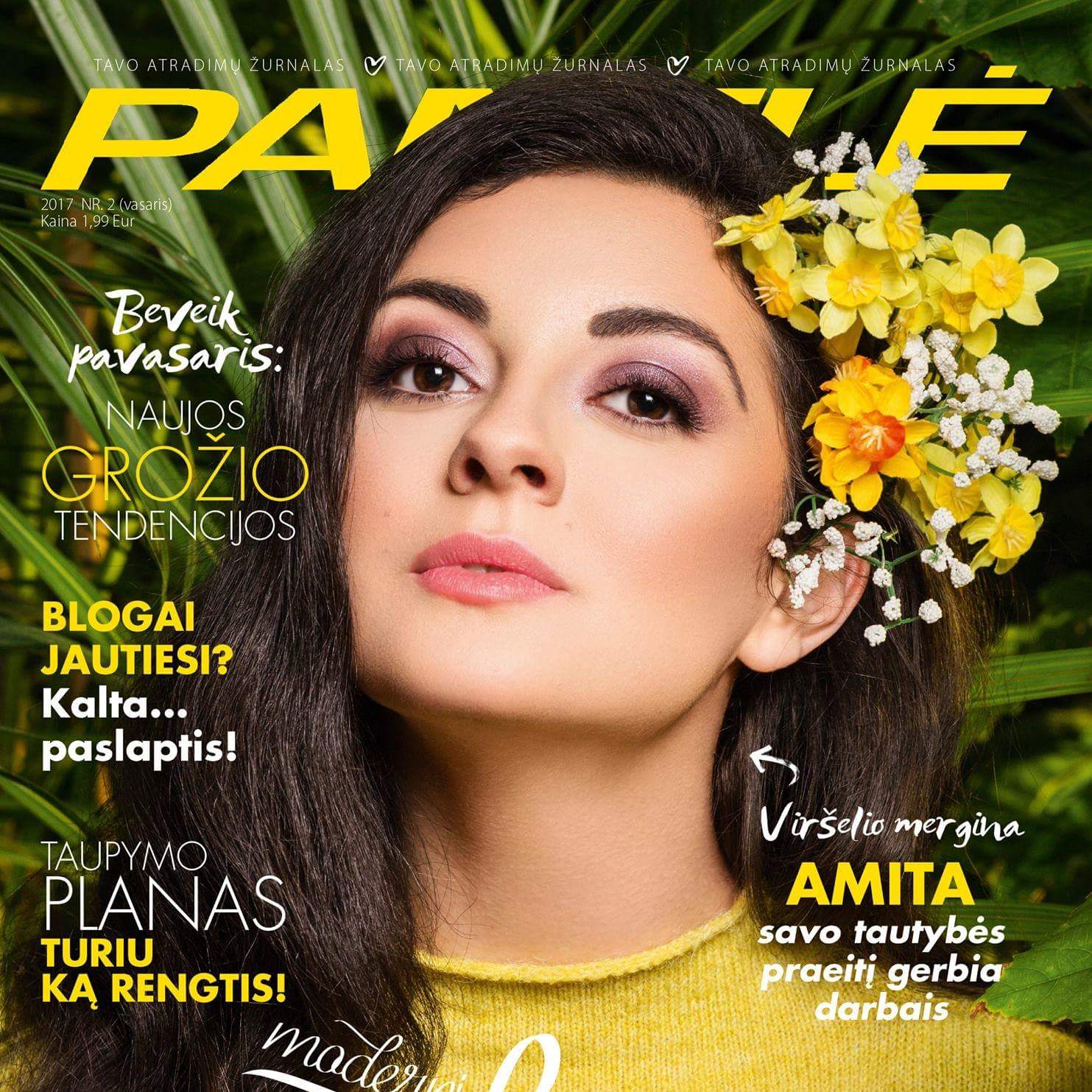 A popular magazine for young Lithuanian women has featured Amit Belaitė, the head of the Lithuanian Union of Jewish Students, on its February cover, with a long interview with her and a series of fashion photographs inside.
A popular magazine for young Lithuanian women has featured Amit Belaitė, the head of the Lithuanian Union of Jewish Students, on its February cover, with a long interview with her and a series of fashion photographs inside.
